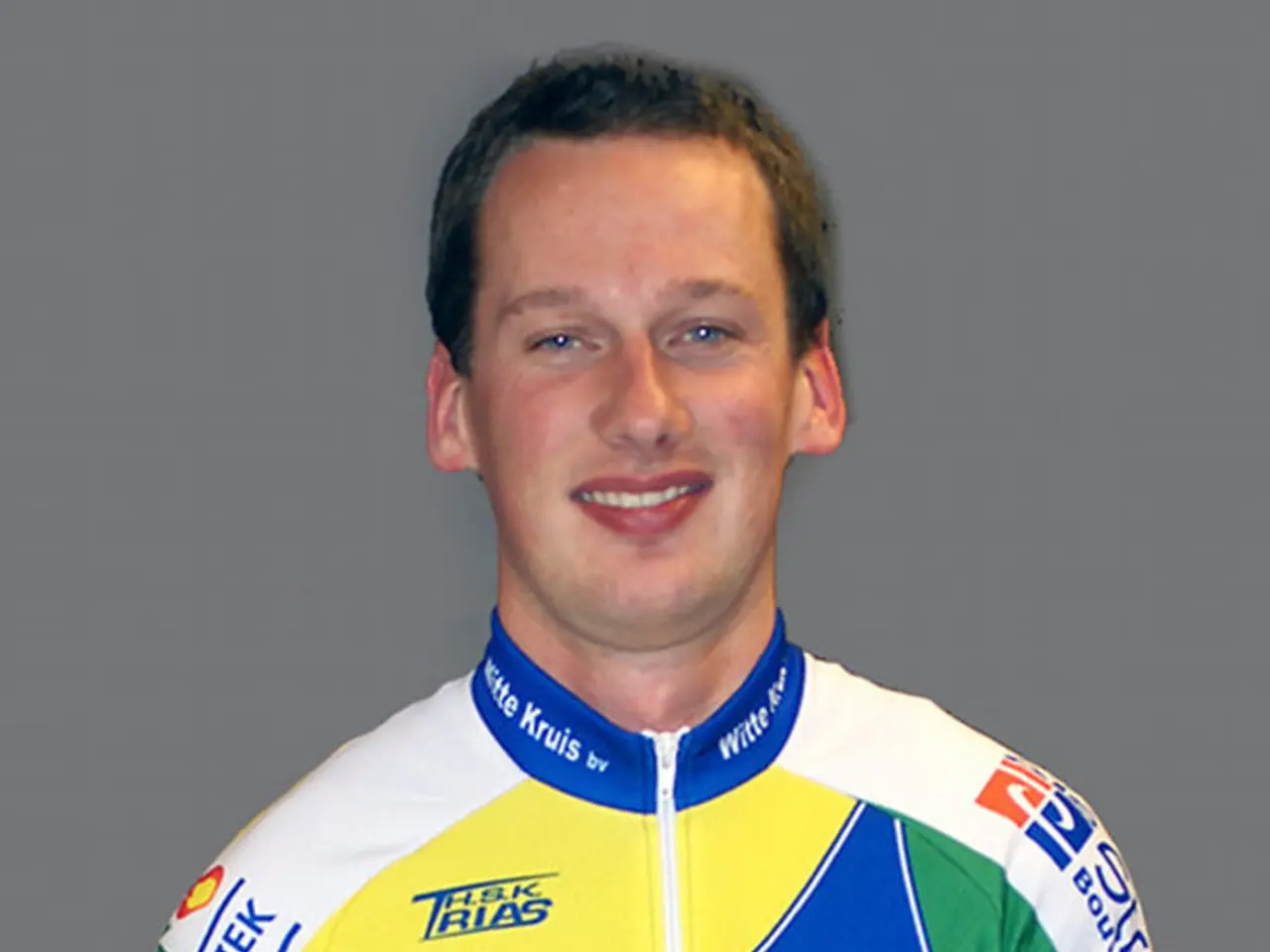Athletes from Germany are advised to disrobe
In the world of sports, trust and responsibility are paramount, especially when it comes to the protection of children and young people. Regrettably, recent reports have surfaced in German athletics, detailing instances of sexual abuse and inappropriate behaviour by coaches.
The German Athletics Association (DLV) has unequivocally stated that any form of violence or abuse is intolerable. They emphasise the importance of creating a safe space for athletes, enabling them to freely develop and pursue their athletic goals without fear.
Several athletes have come forward with allegations of late-night messages containing sexual content, as well as experiencing sexual advances from coaches. Despite these accusations, some of the implicated coaches remain in their respective clubs.
The DLV has a protection concept titled "Prevention of Sexualized Violence in Sports (PSG)" developed in 2010, aiming to address such issues. They prioritise the protection of athletes, viewing abuse in sports as deeply shocking and incompatible with sports values.
Notable cases include that of Eileen Demes, an athlete from Lower Saxony, who was subjected to pressure from her twice-as-old coach through love letters and dinner invitations. Demes, who will compete in the 400m hurdles at the World Championships in Tokyo, did not report incidents of sexual abuse immediately due to her desire to achieve in sports and trust in her coach.
Two cases of sexual abuse in German athletics have been referred to the public prosecutor's office. The DLV has taken action, revoking the coaching license of one suspect and initiating an A-license revocation procedure against another. However, it's important to note that no new cases have been reported recently.
A documentary on sexual abuse in German track and field athletics has been aired, featuring reports from several athletes about being sexually abused by coaches. One athlete reported a coach masturbating in front of her, while another spoke of inappropriate touching and exposure.
The issue has prompted reflection from athletes like Malaika Mihambo, a German athlete, who has spoken out about not wanting to just count medals in sports. Mihambo felt helpless and feared losing her passion for athletics when she did not report incidents ten years ago.
The DLV offers support services for individuals affected by sexual abuse on its website, encouraging anyone who has experienced such incidents to seek help. As the athletics community grapples with these challenges, the focus remains on creating a safe and supportive environment for all athletes.








